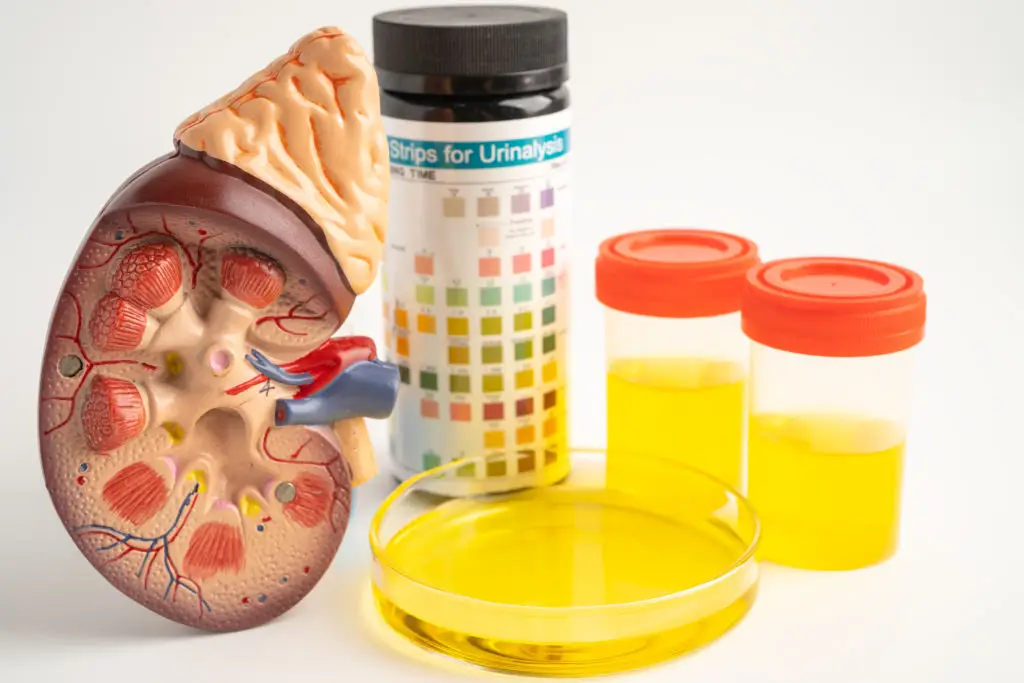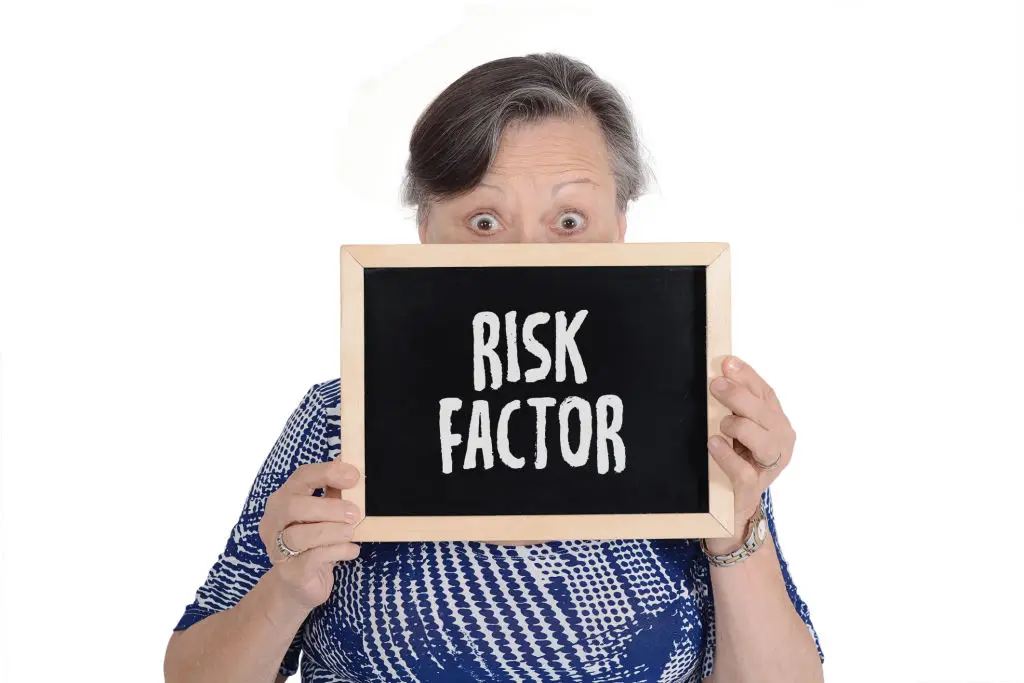11 Doctor-Approved Ways to Protect Your Kidneys Before It’s Too Late
Your kidneys quietly power your well-being every day, filtering waste, balancing your fluids, and helping regulate blood pressure—yet most of us don't give them a second thought until problems arise. Chronic kidney disease (CKD) is a silent epidemic in the United States, affecting roughly 37 million adults. Even more staggering, 90% of people with CKD don’t realize their kidneys are under threat until the condition has quietly advanced. As we age, our risk naturally rises, but proactive, everyday habits can make a remarkable difference in preserving precious kidney function. This guide isn’t here to scare you—it’s here to empower, offering practical steps rooted in science and delivered with gentle encouragement. You’ll discover how small, sustainable shifts in your routine can protect your kidneys now and keep you feeling vibrant for years to come. Let’s walk through 11 doctor-approved strategies, each one a building block for lifelong kidney wellness. Your path to protection starts with curiosity, compassion, and confidence in your ability to nurture your own well-being—one mindful choice at a time.
1. Know the Silent Signs Early

Kidney problems often whisper before they shout, making early recognition a powerful tool. Many people don’t experience obvious discomfort in the early stages of chronic kidney disease, which helps explain why nearly 90% remain unaware their kidneys are in trouble. Still, subtle signs do appear—but they're easy to miss if you’re not sure what to look for. Watch for persistent foamy or bubbly urine, which can signal excess protein; changes in urination patterns, like going more or less often; unexplained fatigue or weakness; skin that begins to itch more than usual; puffiness around your eyes or ankles; and even a persistent metallic taste in your mouth. Some people feel queasy, lose their appetite, or notice trouble with concentration as waste builds up in the body. These signs can overlap with other conditions, so don’t self-diagnose. Think of them as gentle nudges from your body, encouraging you to have an open conversation with your doctor—especially if you notice two or more frequently. You’re the expert on your body’s rhythms, and noticing even small differences can be a gift to your long-term wellness. Early action is an act of self-care for your future self.
2. Recognize Your Personal Risk Factors

Understanding your own risk is a vital act of self-advocacy. Certain factors quietly raise your chances of kidney problems, but awareness lets you take charge. Diabetes, high blood pressure, and heart disease top the list of medical causes—these conditions can gradually wear out your kidneys’ delicate filtering units. Being over age 60, carrying extra weight, or having a close relative with kidney disease also puts you at greater risk, as does certain ethnic backgrounds. Sometimes, risk comes from a combination of these traits rather than a single cause. If any of these sound familiar, know you’re not alone—millions of Americans fall into these groups. This isn’t a reason for alarm, but a gentle nudge to tune in more closely to your body and work proactively with your healthcare provider. Your risk factors are just one chapter of your health story, not the whole book. The earlier you know them, the sooner you can take meaningful steps, big or small, toward protection. Self-awareness is the first spark for positive change, empowering you to shape your future with knowledge and kindness.
